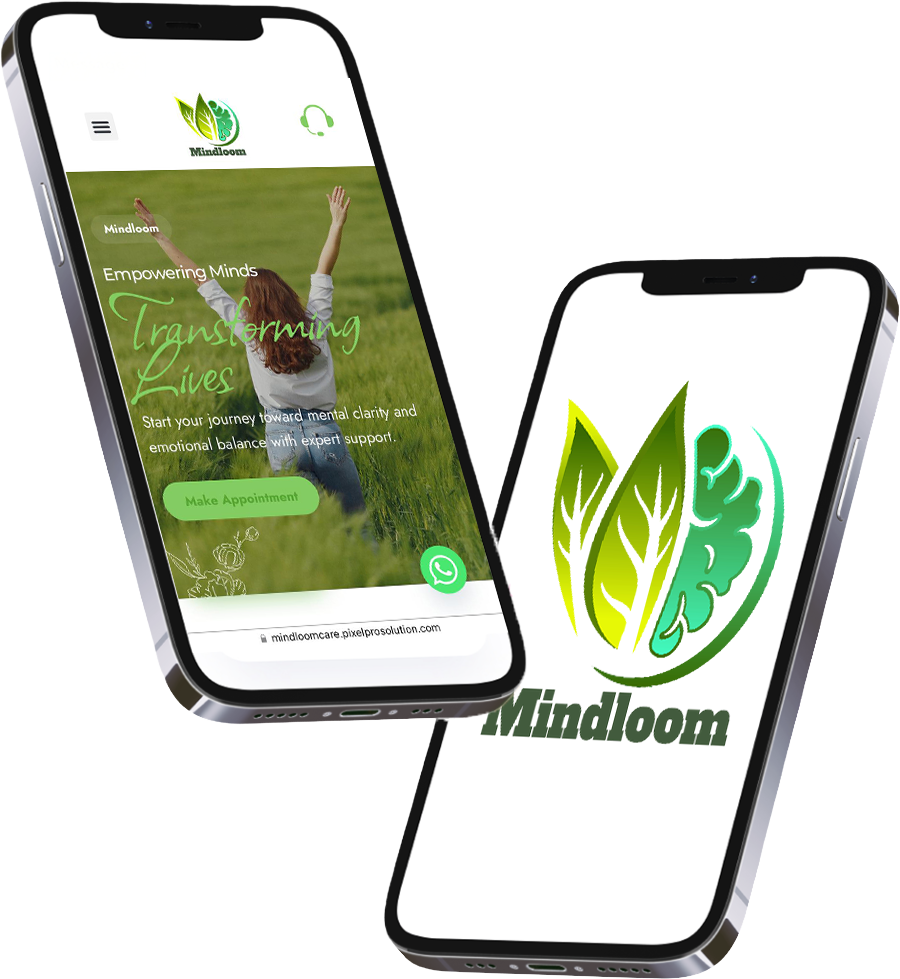
I remember him well.
He sat on the edge of the chair in my clinic—mid-30s, broad-shouldered, neatly dressed, a tired smile worn like armor. His newborn had just turned three weeks old. I’d seen mothers in these early postpartum weeks—raw, honest, often teary-eyed. But this was different. He didn’t cry. He didn’t even flinch.
He simply said, “I feel like I’m not allowed to feel anything.”
That line has stayed with me for years.
—Behind Every Strong Father
As a consultant psychologist, I have worked with many parents—new, seasoned, struggling, grieving, hopeful. And yet, the emotional world of fathers often slips through the cracks. They don’t ask for help, not because they don’t need it, but because they don’t believe they’re allowed to.
Society wraps fatherhood in praise and silence:
“He’s strong.”
“He doesn’t complain.”
“He’s holding it together.”
But rarely does anyone ask, “And who is holding him?”
—The Quiet Mental Load
Becoming a father is not just a role—it’s a redefinition of identity.
Suddenly, men are expected to become providers, protectors, nurturers, and stoic pillars—all at once. And while mothers often receive community care, emotional support, and structured maternity leave, fathers are expected to return to normal almost immediately.
In my sessions , fathers speak of:
Guilt for not being emotionally available.
Isolation in their struggles.
Anxiety about finances and performance.
Sleepless nights they don’t feel entitled to complain about.
A sense of losing themselves—but not being able to admit it.
They show up with tension in their shoulders, silence in their words, and a practiced smile. They are breaking—but quietly.
— What I Tell Every New Father
I always begin here:
“Your feelings are real. And they matter as much as anyone else’s in that home.”
Then I share some truths I’ve learned, both from the literature and from the sacred space of therapy rooms:
1.You’re allowed to not have all the answers.
Parenting is learned, not inherited. Fumbling is part of fatherhood.
2.You need rest too.
Emotional exhaustion is not gendered. If you don’t pause, you break.
3.Talk. Even if you don’t know how.
Talk to your partner. A friend. A therapist. A stranger on a helpline. Words are release valves.
4.You are not weak for feeling.
You are human. And your child doesn’t need perfection. They need presence.
—From Psychology to Policy
I advocate—fiercely—for structural change:
Mental health screening for fathers in pediatric clinics.
Paternity leave that reflects emotional adjustment, not just logistics.
Peer support groups where men can speak without bravado.
Therapy that recognizes father-specific trauma, identity loss, and suppressed emotion.
Until we do this, we will continue raising children in homes with unseen, unheard fathers.
—A Personal Moment
Two years,when I became a father myself.
Despite years of psychological practice, I found myself sitting on the edge of my bed at 3 a.m., overwhelmed and unsure. And in that moment, I understood my client from years ago more than ever.
This journey isn’t clinical. It’s deeply personal.
We need to stop asking fathers only how their babies are sleeping.
We need to start asking them, “And how are you sleeping?”
“What have you lost in becoming a father?”
“What do you need, even if you’re afraid to name it?”
—This Father’s Day, Give Space
Forget the ties. Skip the novelty mugs.
Offer a father you know—maybe even yourself—permission.
To feel.
To falter.
To speak.
That, I’ve learned, is the most powerful gift we can give.
Mueez Kadaykkal / Consultant Psychologist



